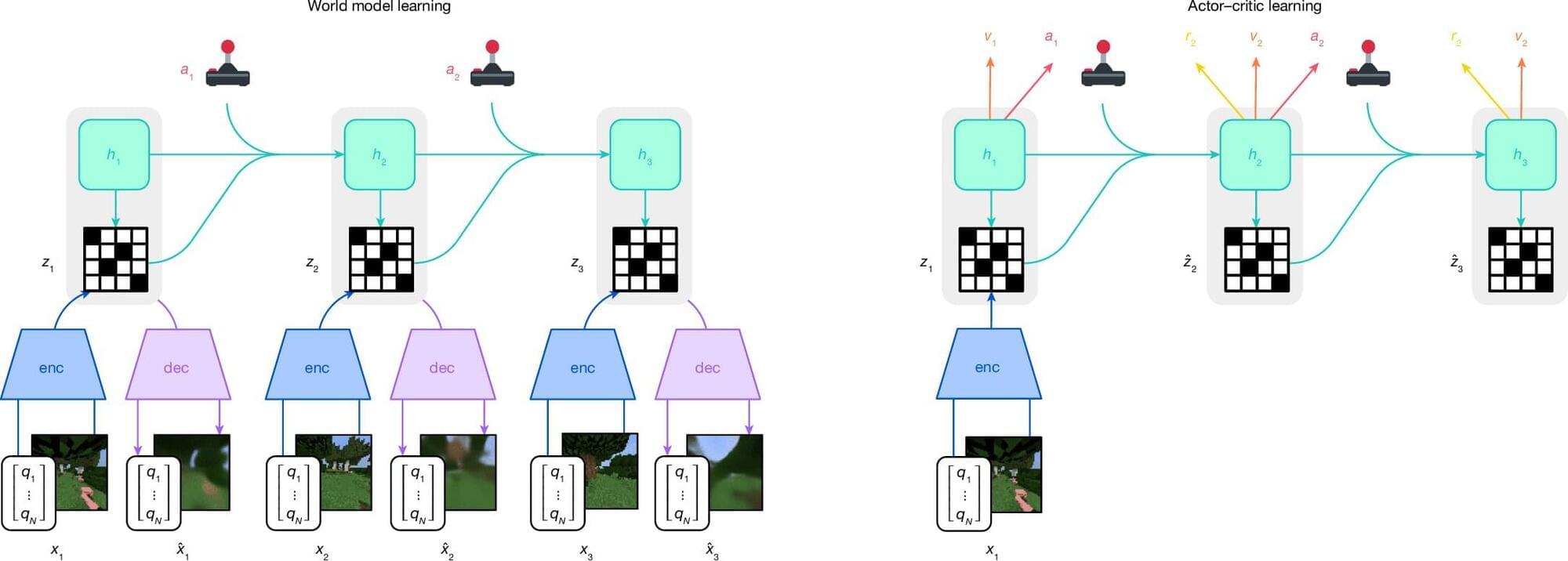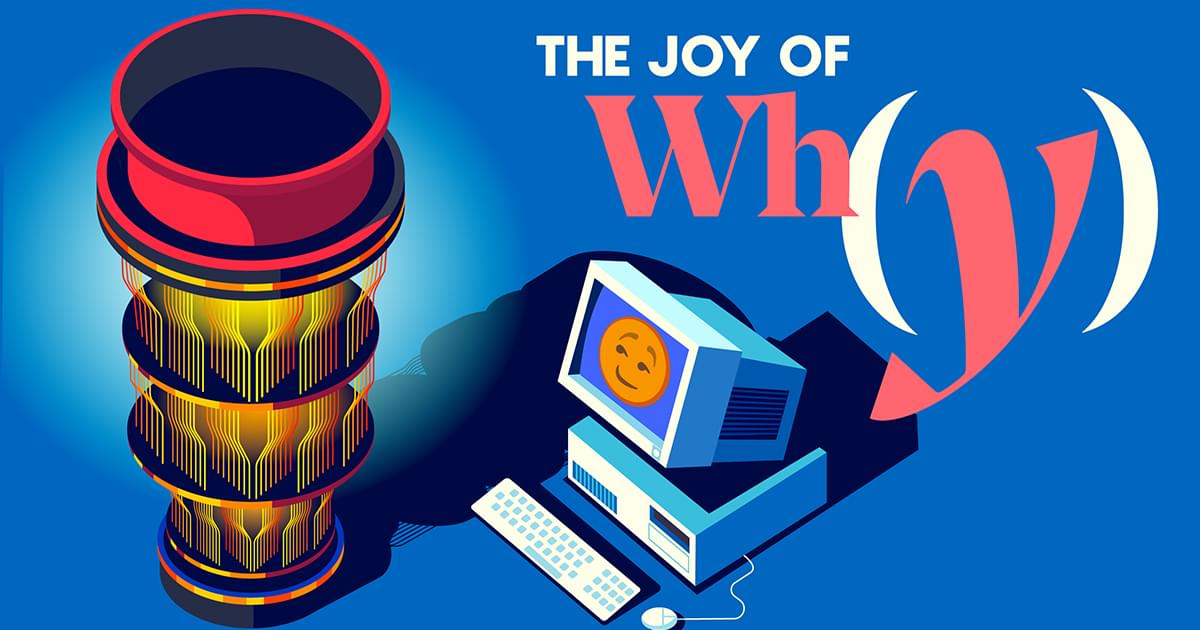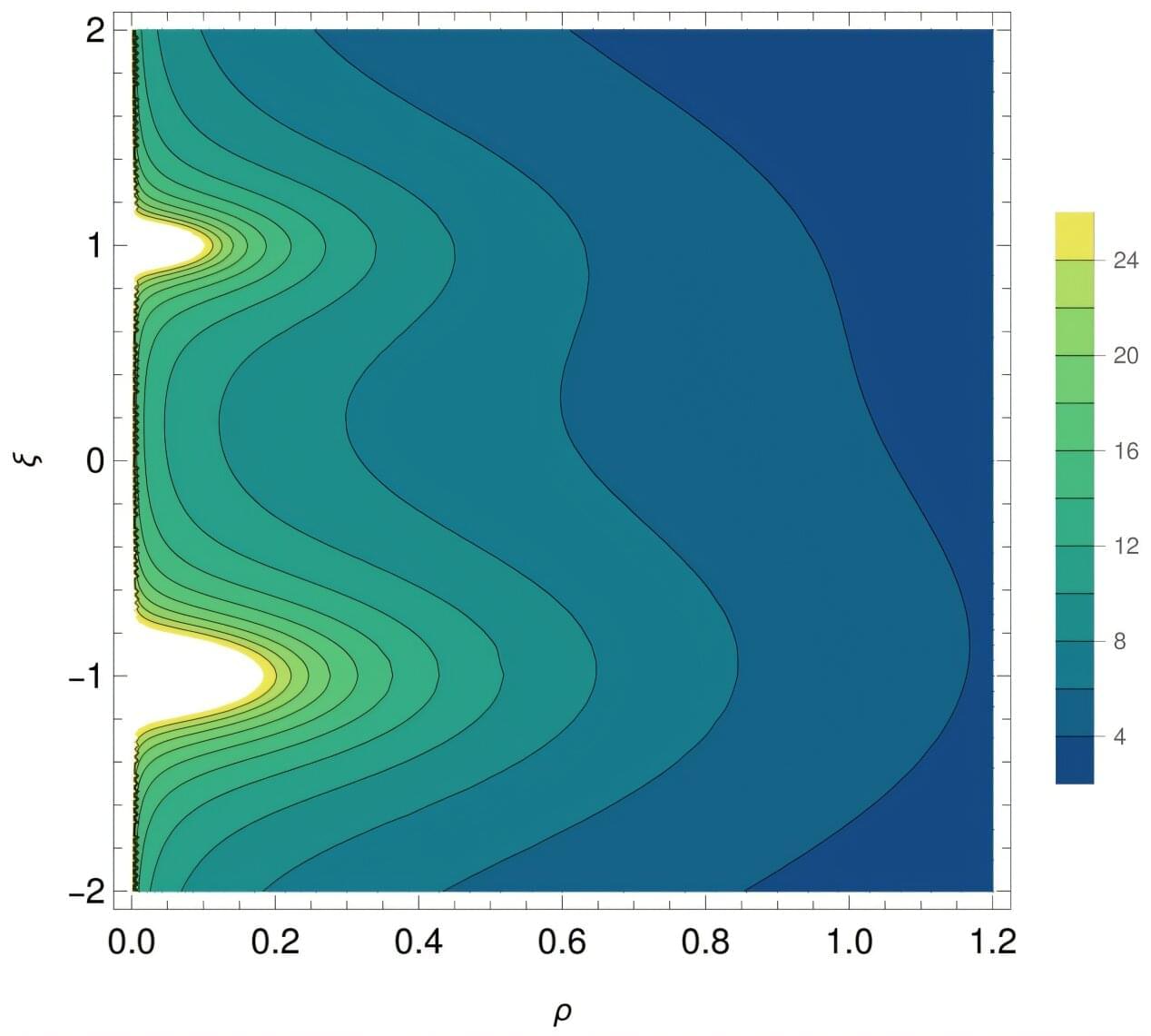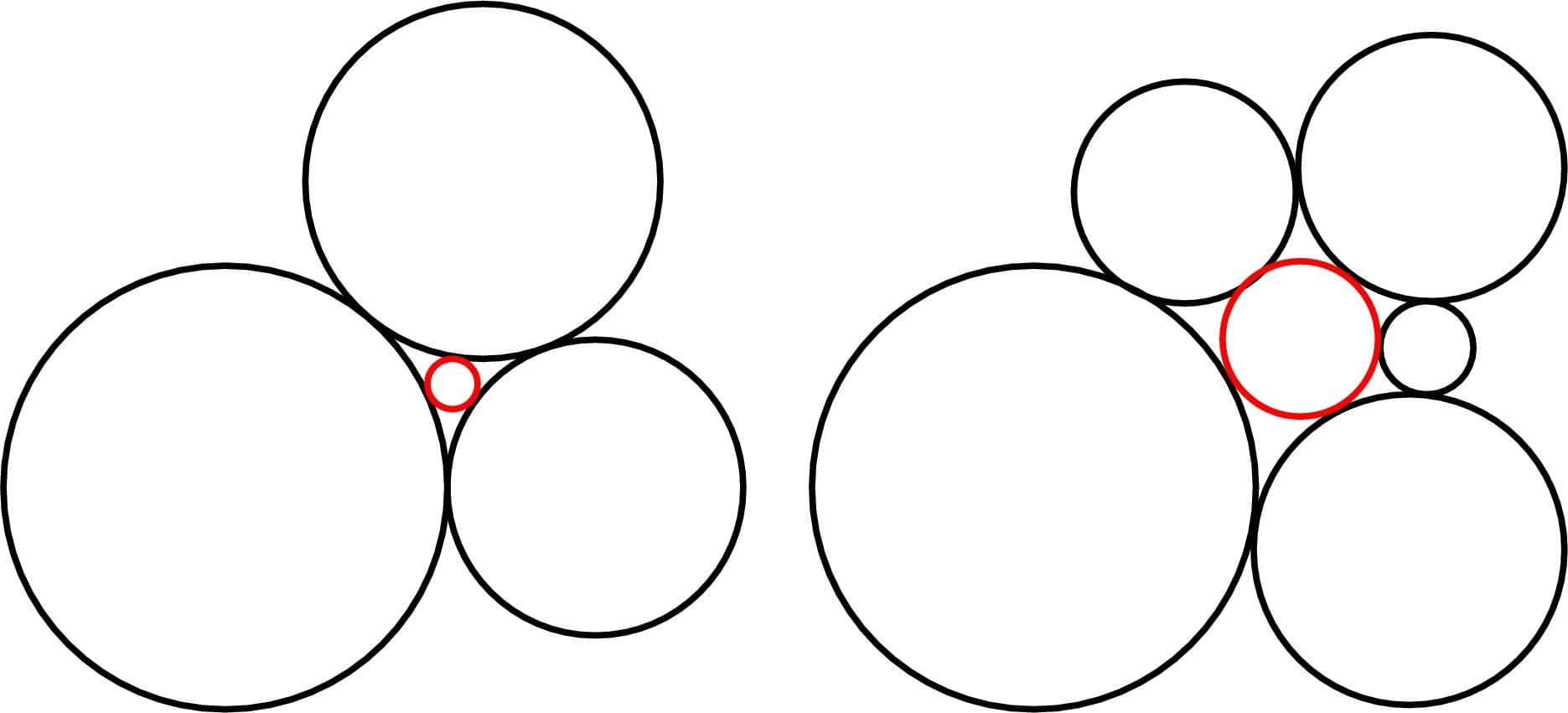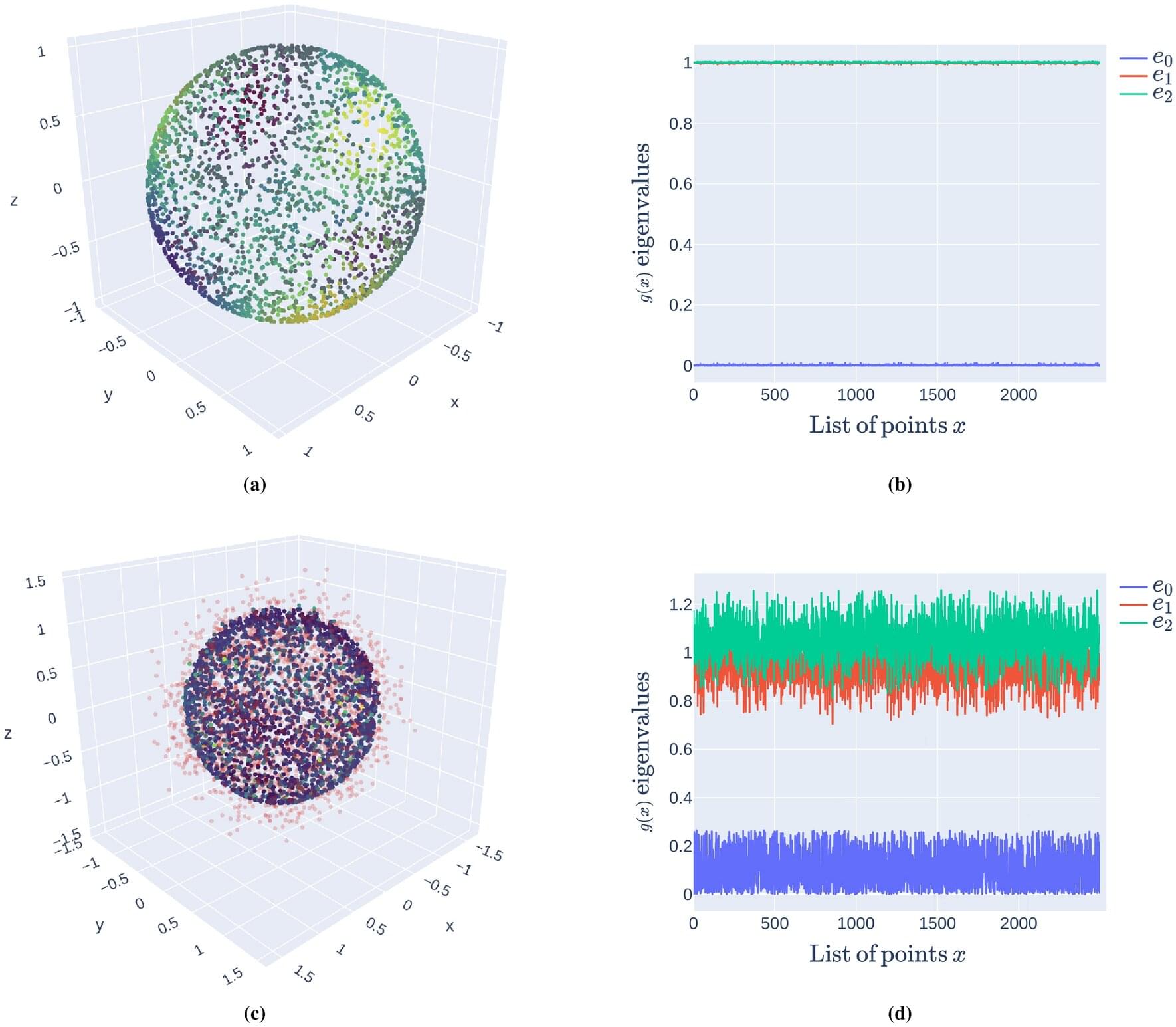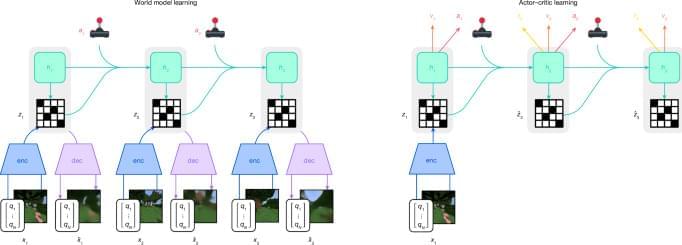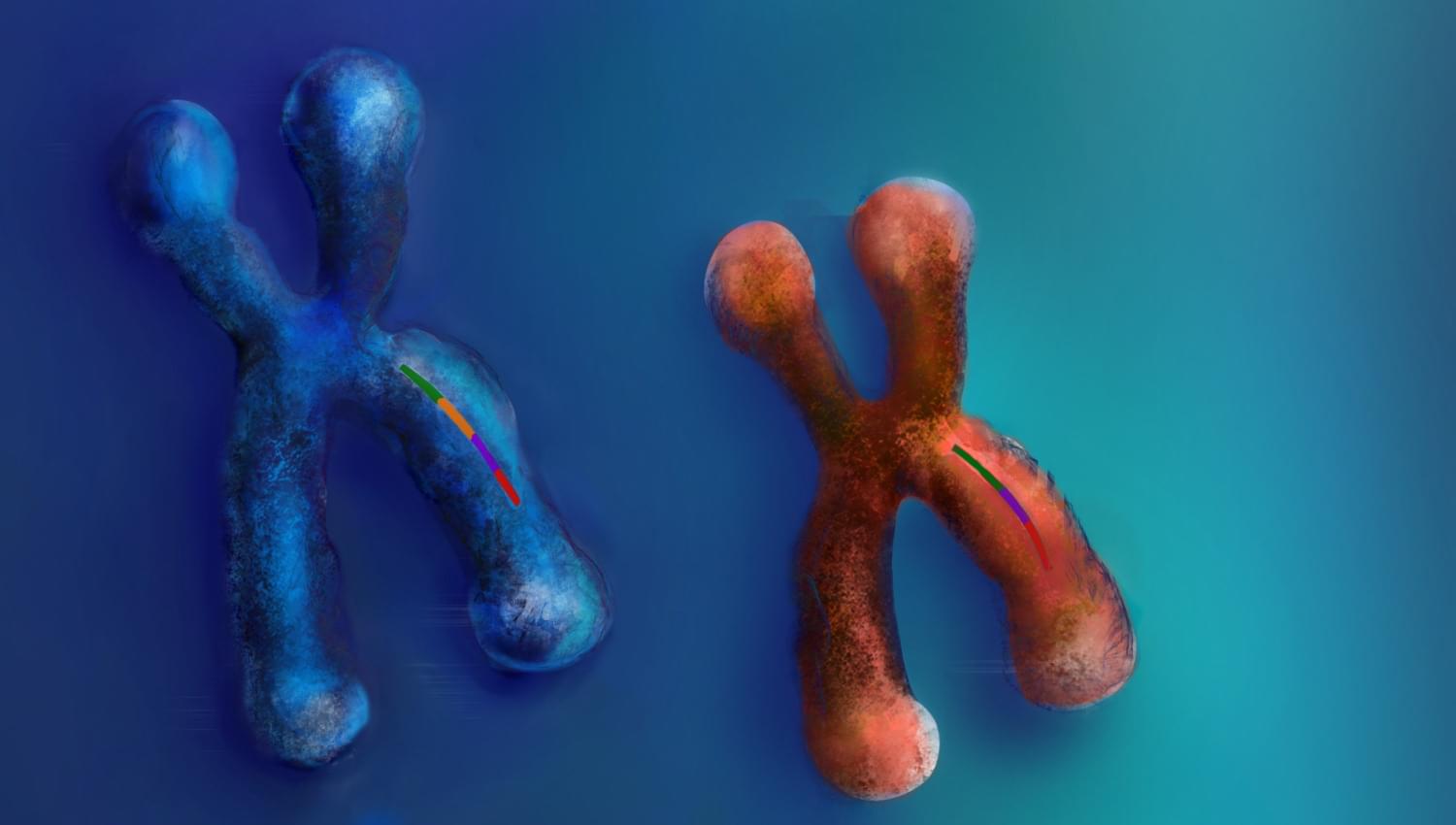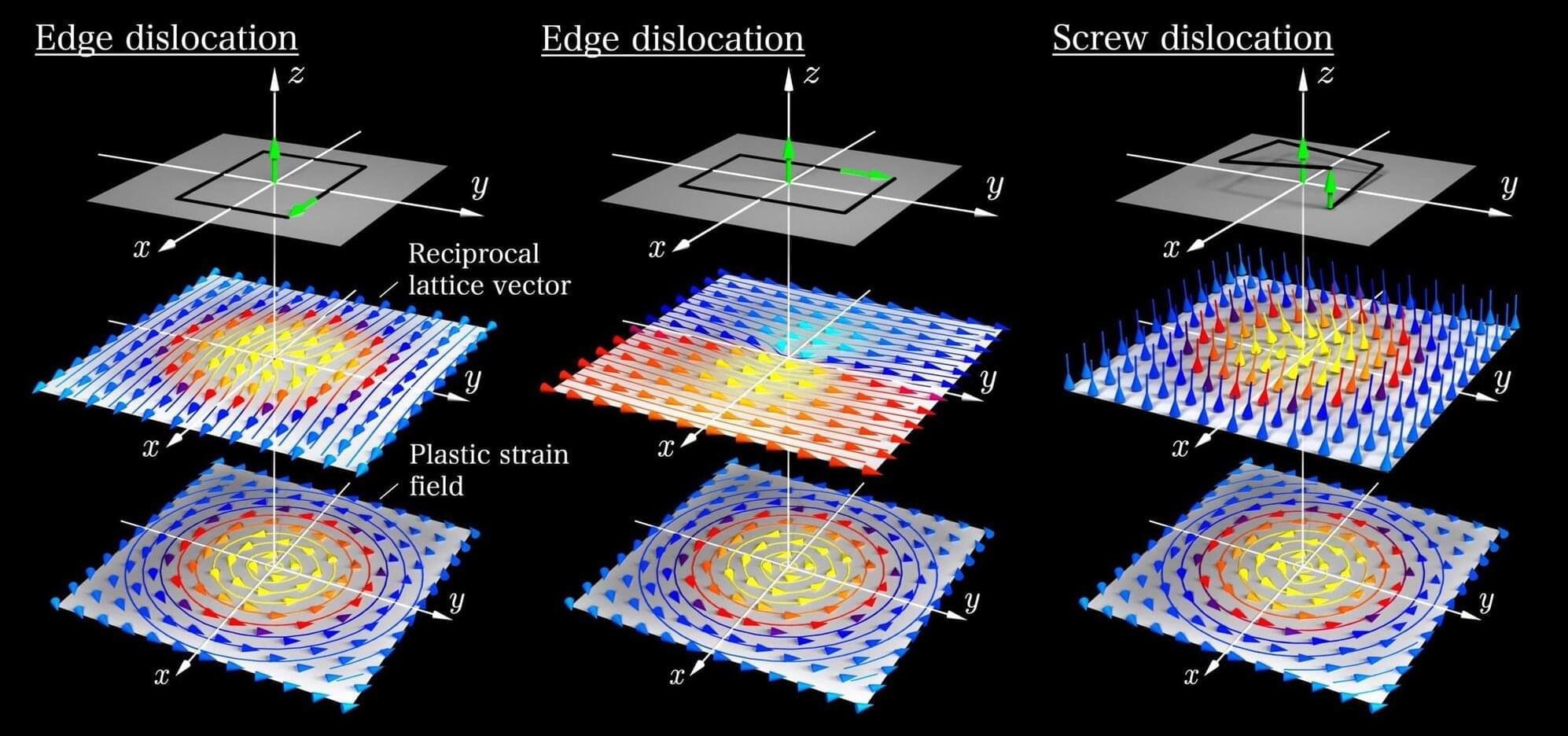A trio of AI researchers at Google’s Google DeepMind, working with a colleague from the University of Toronto, report that the AI algorithm Dreamer can learn to self-improve by mastering Minecraft in a short amount of time. In their study published in the journal Nature, Danijar Hafner, Jurgis Pasukonis, Timothy Lillicrap and Jimmy Ba programmed the AI app to play Minecraft without being trained and to achieve an expert level in just nine days.
Over the past several years, computer scientists have learned a lot about how deep learning can be used to train AI applications to conduct seemingly intelligent activities such as answering questions. Researchers have also found that AI apps can be trained to play games and perform better than humans. That research has extended into video game playing, which may seem to be redundant, because what could you get from a computer playing another computer?
In this new study, the researchers found that it can produce advances such as helping an AI app learn to improve its abilities over a short period of time, which could give robots the tools they need to perform well in the real world.
